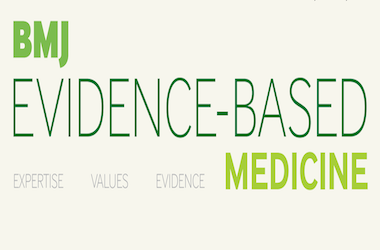The history of the statistical procedure called meta-analysis begins with GV Glass, who invented the word in the 1970s. But the history of the word itself begins long before that, with Aristotle. Jeff Aronson The Greek preposition μετα had several meanings, depending on whether it governed the accusative, genitive, or dative case. With the […]
A Word About Evidence: 2. Meta-analysis








